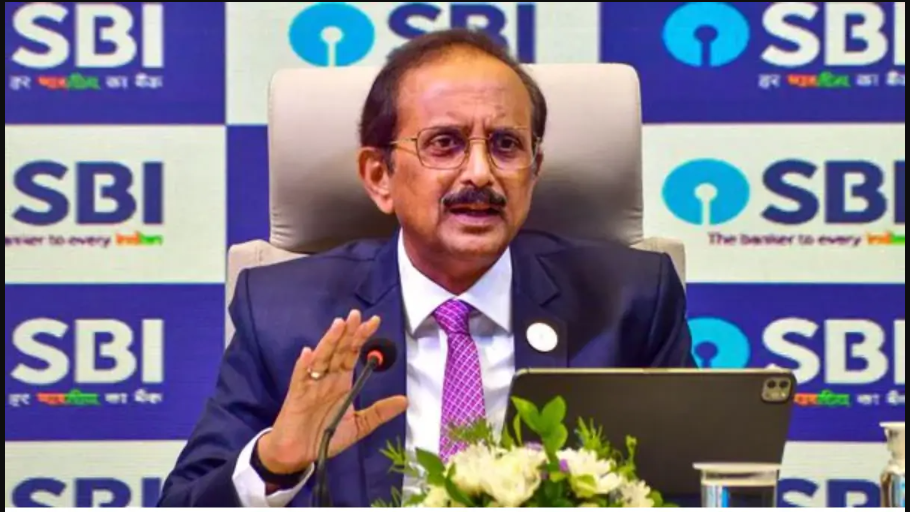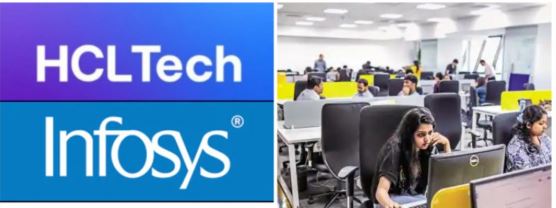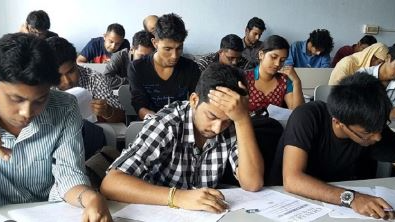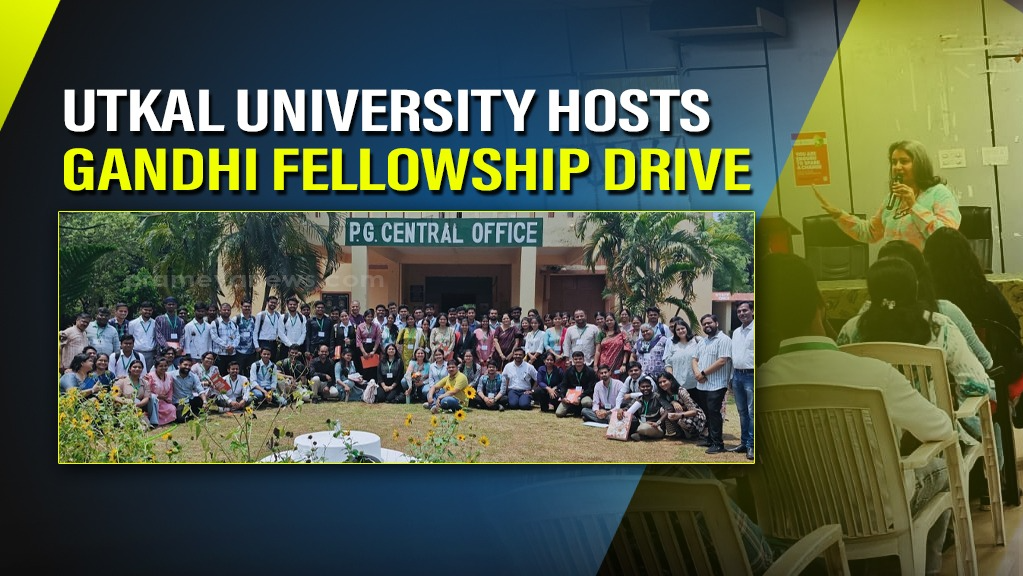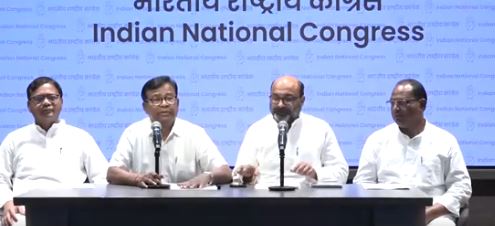Bhubaneswar, May 27, 2025 - As artificial intelligence tools like ChatGPT, GitHub Copilot, and Claude become increasingly sophisticated, a pressing question echoes through India's tech corridors: Are coding jobs under threat? With India employing over 5 million IT professionals and contributing nearly 8% to the country's GDP through technology services, the implications extend far beyond individual careers.
The Current Landscape
India's information technology sector has been the backbone of economic growth for two decades, transforming cities like Bangalore, Hyderabad, and Pune into global tech hubs. However, the rapid advancement of AI coding assistants is creating unprecedented uncertainty among developers, particularly those in entry-level and routine coding positions.
Recent data from industry body NASSCOM indicates that while IT hiring has remained steady, the nature of roles is shifting dramatically. Companies are increasingly seeking professionals who can work alongside AI tools rather than compete with them.
Voices from Odisha
In Bhubaneswar, Odisha's emerging IT hub, the conversation around AI displacement is particularly nuanced. Rajesh Patel, a senior software developer at a leading tech firm in the city, shares his perspective: "I've been coding for eight years, and honestly, tools like GitHub Copilot have made me more productive. But I see junior developers struggling to find their footing because basic coding tasks that used to be learning opportunities are now automated."
Priya Mohanty, a computer science student at KIIT University in Bhubaneswar, represents the next generation's viewpoint: "We're not scared of AI taking our jobs. We're learning to use these tools from day one. The question isn't whether AI will replace us, but how we can become irreplaceable by focusing on problem-solving and system design."
The state government's initiatives to position Odisha as an IT destination have gained momentum, with officials emphasizing the need for AI-ready talent. another official from Odisha's IT Department, notes: "We're incorporating AI literacy into our skill development programs. The goal is to create a workforce that leverages AI rather than fears it."
Expert Analysis
Technology industry veterans offer mixed predictions about AI's impact on coding jobs. Dr. Anand Pande, founder of Persistence Systems, explains: "AI will definitely automate routine coding tasks, similar to how calculators didn't eliminate mathematicians but changed how they work. The demand will shift toward architects, designers, and problem-solvers who can guide AI tools effectively."
However, not all experts share this optimism. Nandan Nilekani, co-founder of Infosys, recently warned: "The traditional model of hiring thousands of entry-level programmers for basic coding work is becoming obsolete. Companies need to fundamentally reimagine their talent strategies."
Research conducted by the Indian Institute of Science suggests that while AI may reduce demand for junior developers by 30-40% over the next five years, it could simultaneously create new roles in AI training, prompt engineering, and human-AI collaboration.
Netizen Reactions
Social media platforms buzz with discussions about AI's impact on coding careers. On LinkedIn, Amit Sharma, a Pune-based tech lead, posted: "Stopped fearing AI when I realized it's like having a super-smart junior developer who never gets tired. My job now is to ask better questions and think bigger."
Conversely, Sneha Gupta, a recent engineering graduate, tweeted: "Spent four years learning to code only to watch AI do it faster. Feeling like I studied to be a human calculator in the smartphone age."
The generational divide is evident, with experienced developers more likely to view AI as a productivity enhancer, while newcomers express greater anxiety about career prospects.
The Path Forward
Industry consensus suggests that adaptation, not resistance, is key to surviving the AI revolution. Companies are investing heavily in retraining programs, focusing on skills that complement rather than compete with AI capabilities.
Kris Gopalakrishnan, former CEO of Infosys, advocates for a balanced approach: "The Indian IT industry has successfully navigated multiple technology transitions. This AI wave requires similar agility, with emphasis on continuous learning and human-centric skills like empathy, creativity, and strategic thinking."
Educational institutions are also evolving their curricula. Leading engineering colleges now mandate courses in AI ethics, human-computer interaction, and prompt engineering alongside traditional programming languages.
Conclusion
While AI will undoubtedly reshape India's coding landscape, history suggests that technological advancement creates as many opportunities as it eliminates. The key lies in preparing the workforce for an AI-augmented future where human creativity and machine efficiency combine to solve complex problems.
For India's 5 million IT professionals, the message is clear: adapt, upskill, and embrace AI as a collaborator rather than a competitor. The future belongs not to those who resist change, but to those who harness it effectively.



